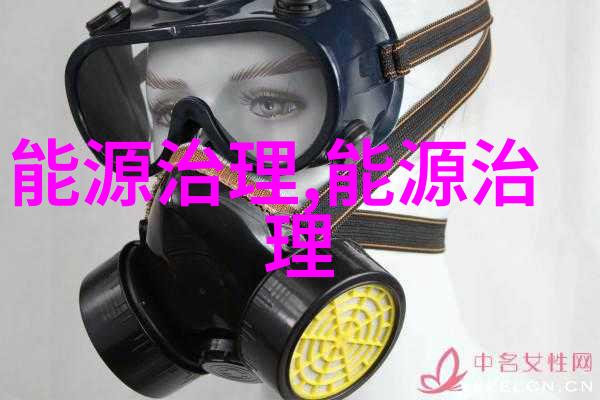地下水污染现状:我们面临的环境危机

什么是地下水?
地下水是指在地球表面以下的岩石孔隙中存储的自然水。它不仅是人类饮用、农业灌溉和工业生产中的重要资源,也是维持生态平衡不可或缺的一部分。然而,随着人口增长和城市化进程加快,地下水资源正面临前所未有的挑战。

怎样形成地下水污染?
地下水污染主要源于地表上的人类活动,如工业废物排放、农药残留、生活垃圾填埋以及交通运输等。在这些过程中,不断涌入的地表污染物通过渗透作用逐渐渗透到地下的岩石孔隙中,最终成为地下水的一部分。

Underground Water Pollution: How Does It Happen?
Underground water pollution occurs when contaminants from the surface seep into the ground and contaminate aquifers. This can happen through a variety of mechanisms, including direct injection of pollutants, leaching from landfills or other waste disposal sites, and runoff from agricultural fields.

The most common types of pollutants that contaminate underground water are chemical compounds such as pesticides, fertilizers, and industrial solvents. These chemicals can enter the groundwater through various pathways, including direct injection into wells or aquifers, accidental spills or leaks from storage tanks or pipelines, and improper disposal of hazardous waste.
Once in the groundwater system, these pollutants can spread rapidly throughout the aquifer network. They may also be transported by natural processes such as gravity-driven flow or by human activities like pumping for irrigation or drinking water supply.

What Are The Effects Of Underground Water Pollution?
The effects of underground water pollution on human health and the environment can be severe. Contaminated groundwater can pose serious risks to public health if consumed directly without proper treatment. Exposure to certain chemicals has been linked to cancer and other chronic diseases.
Furthermore, polluted groundwater can have devastating impacts on aquatic ecosystems downstream. Aquatic life depends on clean water for survival; therefore any contamination could lead to a decline in biodiversity and ecosystem disruption.
Moreover underground water is vital for agriculture which relies heavily on this resource for irrigation purposes; contaminated soil due to polluted groundwater would result in poor crop yield leading to food insecurity issues which could cause social unrests among communities relying heavily on agriculture as their source of livelihoods.
How Can We Prevent And Control Underground Water Pollution?
Prevention is always better than cure when it comes to protecting our precious underground resources. Implementing strict regulations regarding industrial effluent discharge standards will help prevent large amounts of pollutants entering our soil system while ensuring they are properly treated before being released back into nature preventing them reaching ground level where they cannot penetrate deep enough not reach aquifer levels but still risk contaminating surface waters with potential negative consequences affecting wildlife habitats & local ecosystems along with posing threats towards human health should anyone consume contaminated surface waters unknowingly making matters worse because people tend not eat things we don't know what's inside them believe me you wouldn't want your child accidentally ingesting some sort toxic substance just because there was no way around it since all sources were already tainted so I guess prevention really does make sense here right?




